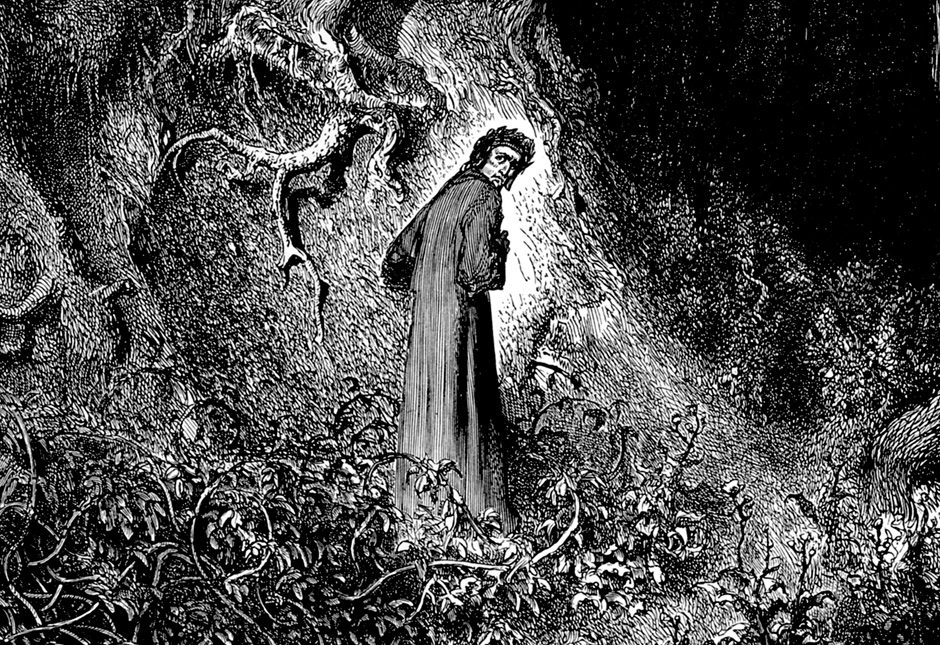In response to:
Dante: The Most Vivid Version from the October 24, 2013 issue
To the Editors:
I’m a professional translator from the Italian, and a longtime aficionado of Dante. I therefore read Robert Pogue Harrison’s piece [“Dante: The Most Vivid Version,” NYR, October 24] with great interest. I feel that Professor Harrison may have slighted Clive James’s version on one point. “To interpolate a ‘keening sound’ here is ludicrous,” he writes. And yet, there is a keening sound present in Dante’s Italian, unless my eyes deceive me.
The fourth line of The Divine Comedy begins with the word “Ahi,” which represents a sound and a thought that we have in English only at a barely articulated level. It sounds like “eye,” but with a twist: “iyiyi” is one way I’ve seen it written in English. It is a slightly modified version of the sound an Italian might make after hitting himself on the thumb with a hammer. It is, in short, a keening sound. And as you can see, rendering it in English is no simple matter. Thus, James editorialized.
Longfellow rendered it as: “Ah, me.” Not a keening sound, perhaps, but neither is it the sound you’d expect from someone just back from the “luminous realm of Christian beatitude.” Longfellow’s version sounds like a maiden aunt. Dante’s did not, and in fairness to James, he rendered it, clearly and accurately, by editorializing.
Antony Shugaar
Charlottesville, Virginia




